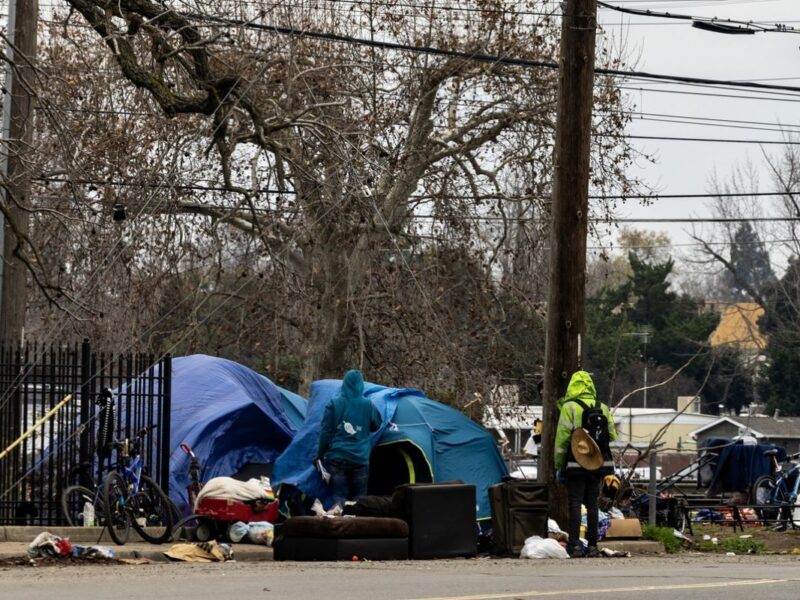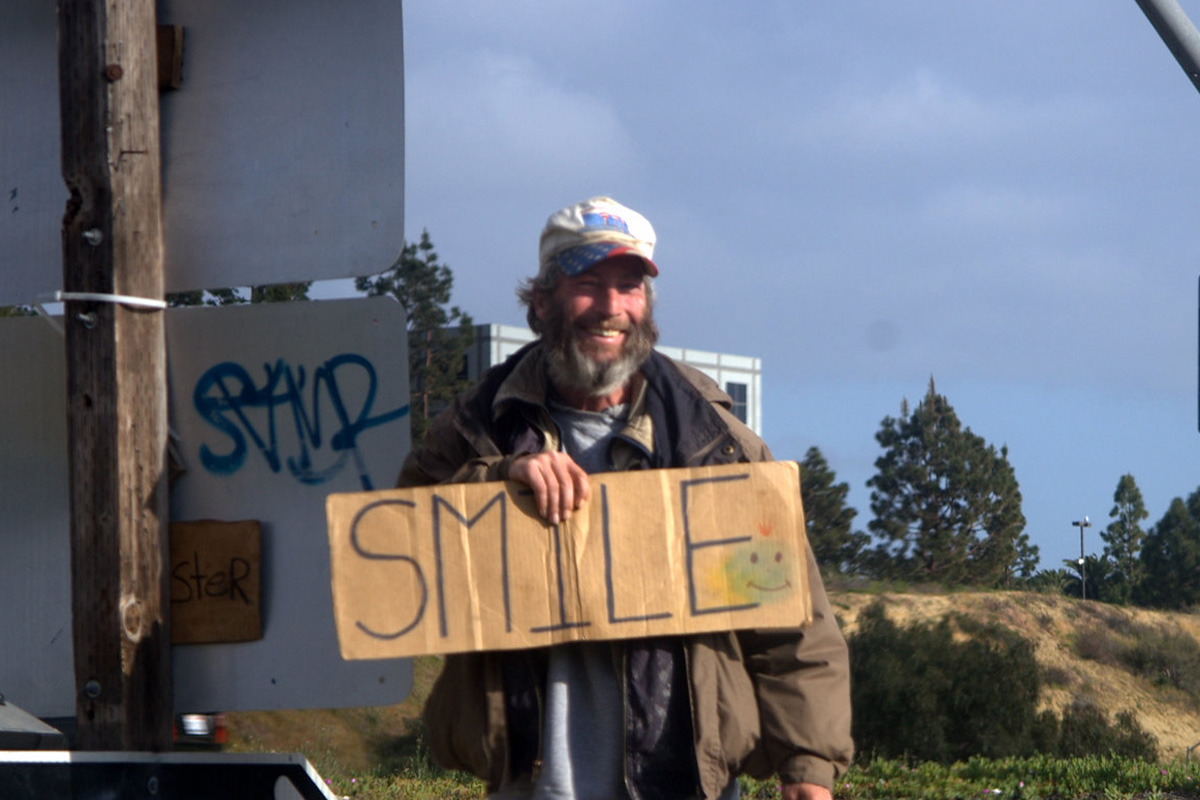How to get people to care about homelessness. This is a question I’ve both been asked and pondered over for years. I still don’t know the answer, honestly. With any sociopolitical problem, I find that homelessness is the hardest for people to care about.
When racism is visible, we don’t stand for it. When we see racism playing out in public spaces, it’s almost natural for us all to react in anger and disgust.
Do we care about LGBTQ+ issues as much as we do about income inequality and poverty? How did we get to this point? Are we *really* there? Is it just a natural progression that society becomes more just over time? Or is it more complex?
In 2023, it is normal and common to see big corporations promoting, or perhaps I should say profiting, from different social movements, such as Black History Month and Pride Month. However, it’s hard to profit from supporting income inequality, poverty, and homelessness.
Although this is a cause I’ve held close to my heart since I was in high school, where I had homeless friends and neighbors, it wasn’t until adulthood that I fully understood the complexity of class warfare. I became homeless in my mid-20s but have struggled through different kinds of poverty since childhood.
At first, I thought, well, maybe people can’t care about what they don’t see. They can’t care about the stuff they don’t know. But poverty is a societal sickness that is very much in our faces. We all have seen homeless people.
Even in the small town of Waipahu, on the island of Oahu, where I grew up, I remember seeing homeless people. The closer you got to Honolulu, to Waikiki, the more homeless people you’d see on the streets, on the beaches.
I remember asking my grandpa about the homeless man digging through the trashcan across from the convenience store. I was 10 or 11 years old. He told me a story about how he knew that man when he was young. Our family knew his family.
I remember sitting in the passenger seat, wondering why his family left him outside. Why wasn’t he getting any help? Now I wonder if it’s a mix of homeless stereotypes and mental illness stigma or our attitudes towards addiction.
Fast forward a couple of years, and I’m a teenager – and a delinquent. I wasn’t a huge fan of going to school or staying at home, so I spent much time loitering where I didn’t belong.
Funny enough, the excessive cutting of class and hanging out where I shouldn’t be hanging out led me to call this homeless man “Uncle,” a title of respect often given to elders in Hawaii. I started bringing him Jack-in-the-Box tacos with my daily allowance every day.
Uncle didn’t speak much, but it’s almost like we silently understood each other. He nodded when I handed him the tacos. This was when ten tacos were still $2. I’d eat one on my way over, then hand him the rest.
My grandpa handed me $5 every day. This was $5 from the $10 he got from collecting cans from a nearby shopping center parking lot. Sometimes we’d stop on my way to school so he could dig through a trashcan. But he never picked from the same trashcans Uncle picked from.
Long story short, I was taught, from a very young age, to care.
It wasn’t necessarily direct. My grandpa didn’t say, “You should care about this; you should care about that.” It was more through stories like the one I’m telling you here.
My grandpa humanized this homeless man who lived in our town by sharing with me that he had a family, a past and that he *knew him*. He was human and not much different from us.
Maybe in a way, he taught me that it only takes a slightly different path, a slightly different choice, or none, just very bad luck, to become homeless.
The first winter I was homeless, I received a coat from a stranger on Tumblr. He said, “I’ve been there – I hope you won’t be there for long.”
And, in many ways, I think that’s how my grandpa felt too. He had been there. We were poor. We were the immigrant family standing in line for hours outside the town church, hoping rice and powdered milk would still be left.
My grandparents were poor farmers in rural parts of the Philippines, and I grew up very frugal, rarely eating meals that my grandma didn’t grow. And my grandpa collected cans from garbage cans to make a few extra bucks every day.
The funny thing is, I didn’t realize how poor we were, or maybe it didn’t matter. $5 was a lot of money to me back then, and it was more than I needed. The point is that it was more than I needed; we needed. And when you have more than you need, you share.











